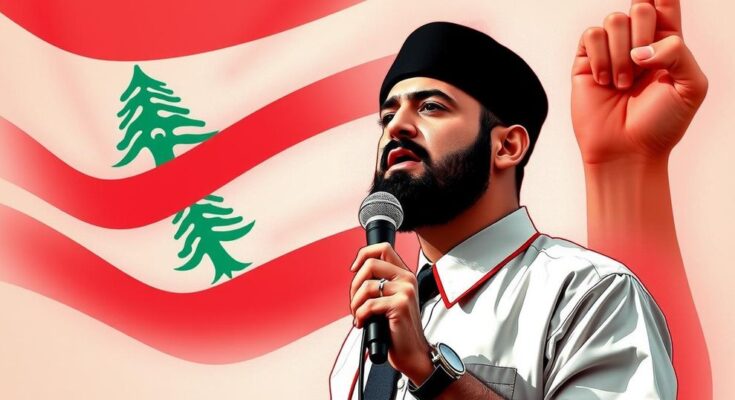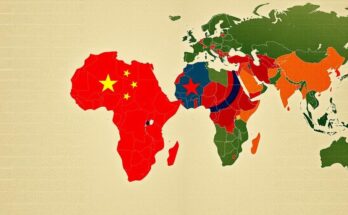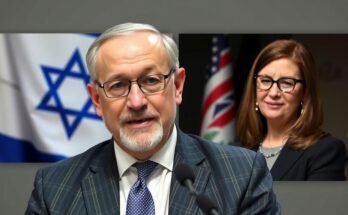Lebanon’s parliament is set to elect a new president on Thursday, with Chief of Staff Joseph Aoun as the leading candidate. His presidency may influence Hezbollah’s disarmament and Israel’s military stance in southern Lebanon. With a cease-fire approaching its expiration, tensions are escalating, and commitments from Lebanon have not been fulfilled, raising concerns for regional stability.
On Thursday, Lebanon’s parliament will assemble to elect a new president, with Chief of Staff Joseph Aoun emerging as the leading candidate. Aoun’s potential presidency raises critical questions regarding the disarmament of Hezbollah, particularly in southern Lebanon. The unfolding political landscape also poses implications for Israel, which may solidify its military position in a manner reminiscent of the 1990s. Meanwhile, the cease-fire between Israel and Lebanon is set to lapse in approximately three weeks, heightening tensions as commitments from the Lebanese government remain unfulfilled. Israel has signaled its intentions to extend its military presence in southern Lebanon, indicating a potential shift in regional dynamics.
The backdrop of this election is characterized by prolonged tensions and unfulfilled agreements between Lebanon and Israel regarding security and military operations. The cease-fire established between the two nations has not led to concrete actions by the Lebanese government, prompting Israel to communicate clearly its intentions to maintain its military foothold in the region. The potential election of Joseph Aoun as president could either challenge Hezbollah’s influence or embolden Israel’s strategic objectives in Lebanon.
In conclusion, the presidential election in Lebanon represents a pivotal moment that could influence the balance of power in the region. With Joseph Aoun as a significant contender, there is potential for changes regarding Hezbollah’s disarmament and Israel’s military strategies. As the cease-fire deadline approaches, the political maneuvers in Lebanon will be instrumental in shaping future relations between the two nations.
Original Source: www.haaretz.com




